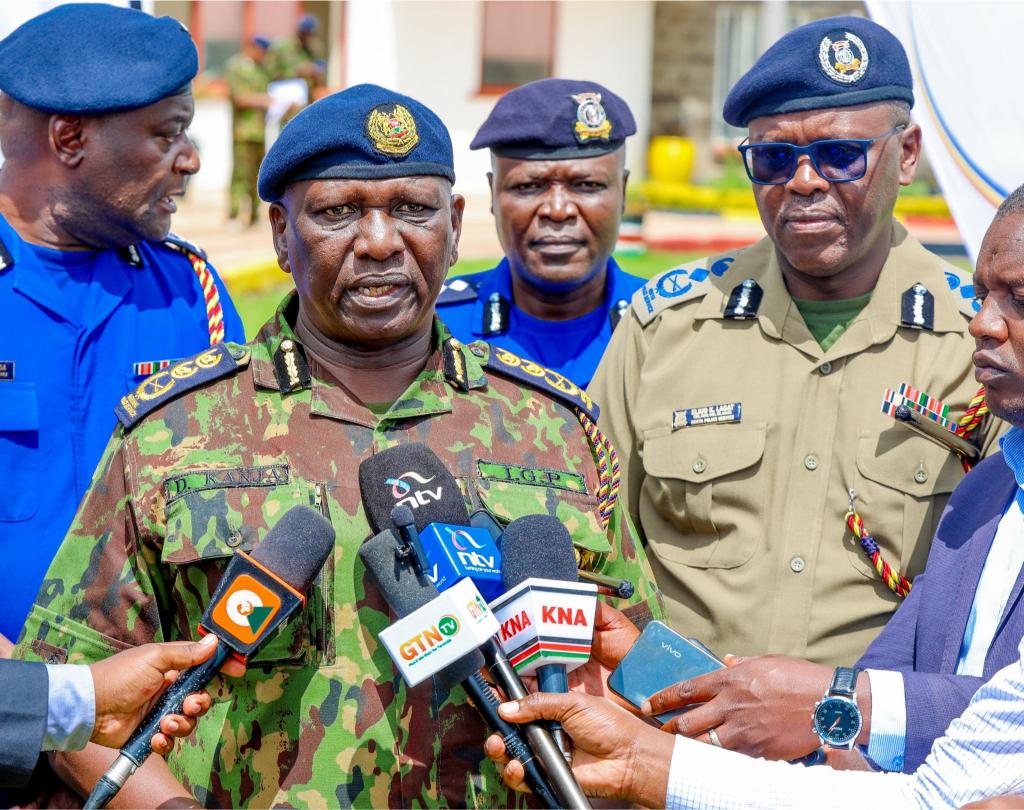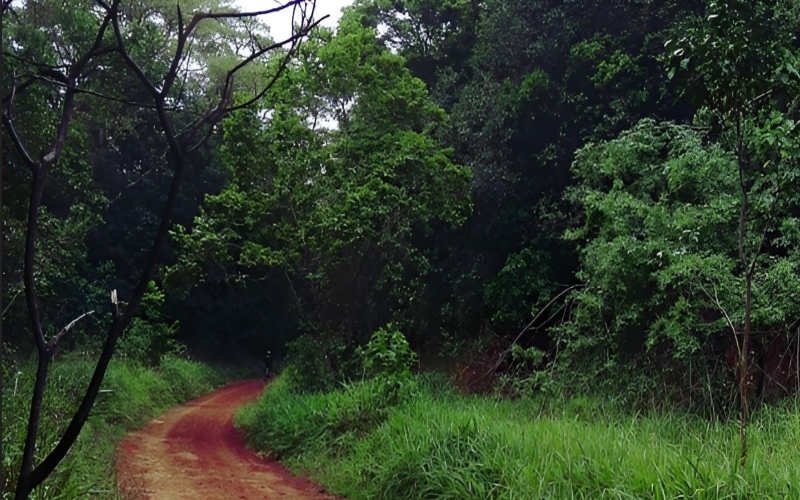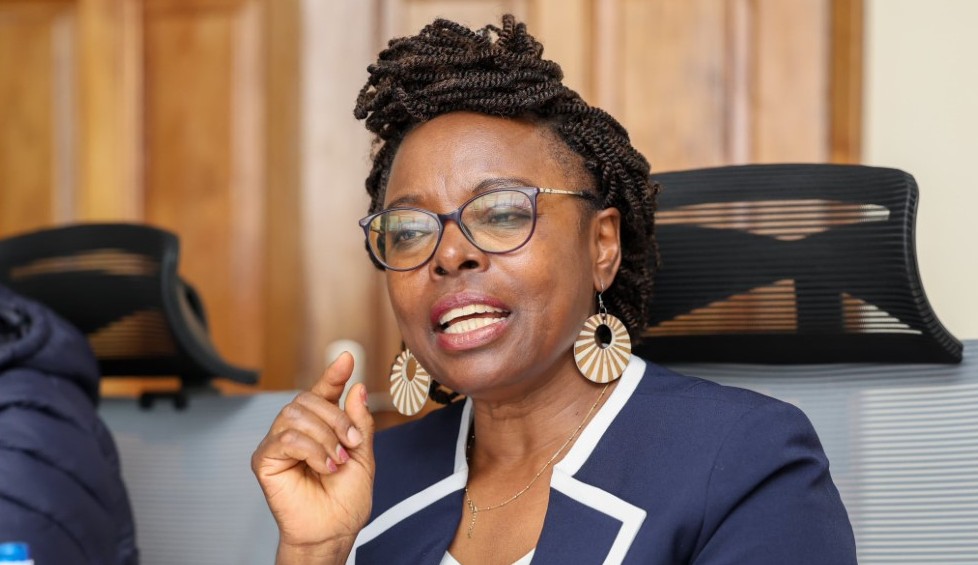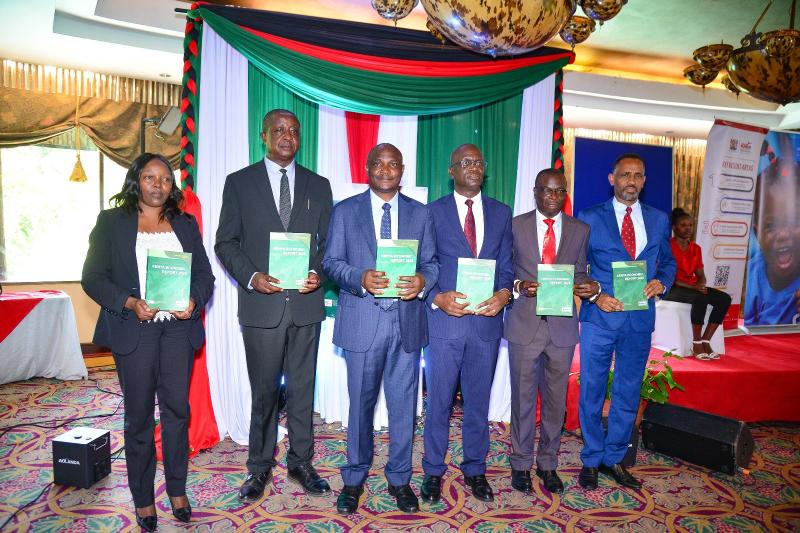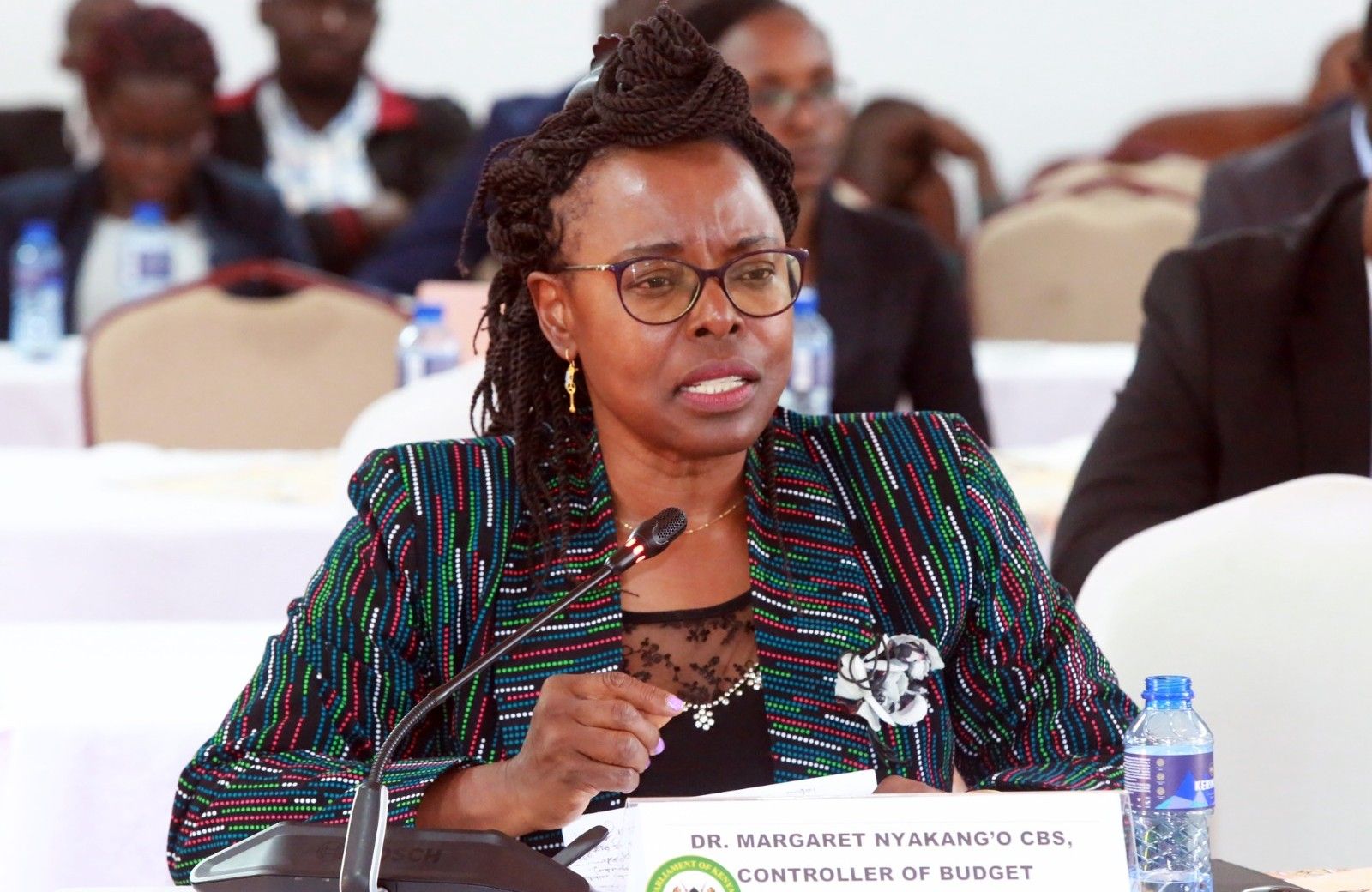AUSSOM on the brink: Funding crisis threatens AU's Somalia mission
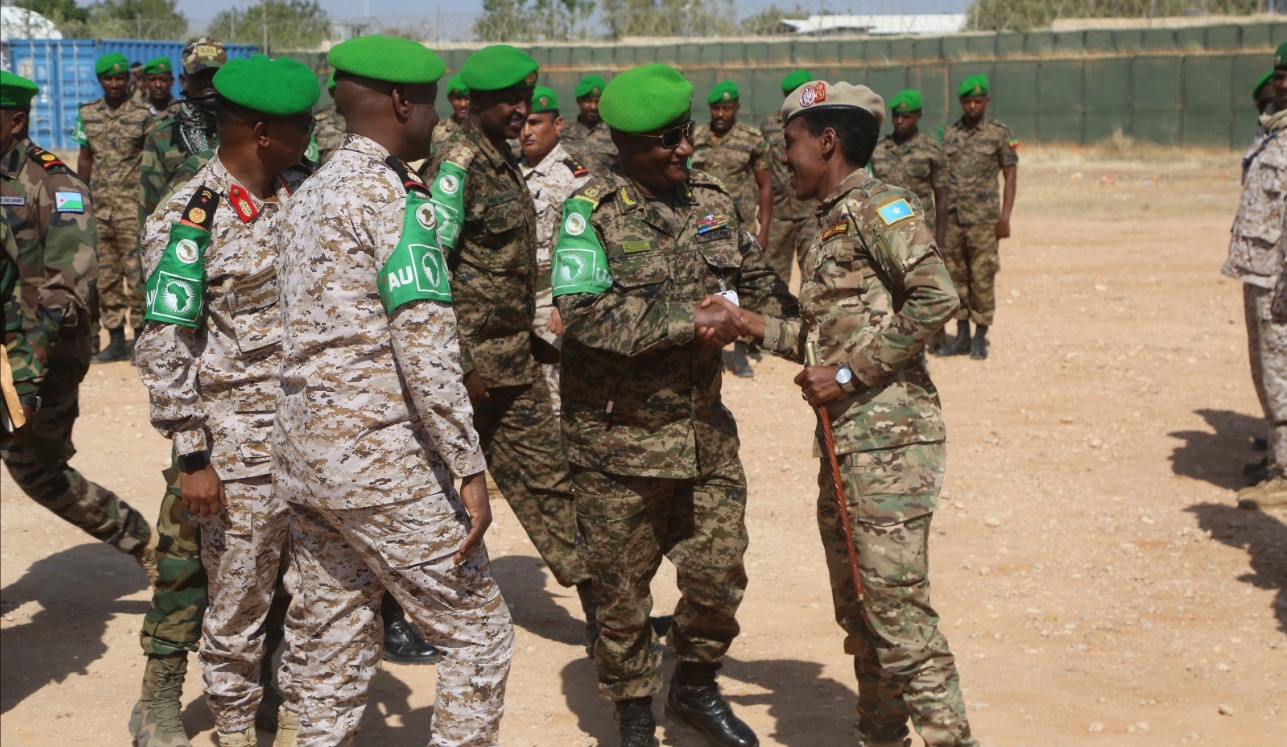
With donor fatigue mounting, the UN Security Council (UNSC) is expected to hold closed-door consultations Monday to deliberate on the mission's financial crisis.
The African Union's latest peace support operation in Somalia—launched with high hopes under the banner of continental ownership—is now teetering on the edge of collapse, amid a widening funding gap and faltering donor confidence.
The African Union Support and Stabilisation Mission in Somalia (AUSSOM), which replaced the African Union Transition Mission in Somalia (ATMIS) at the start of the year, is facing a critical cash shortfall after the United States categorically refused to contribute to its budget, citing operational inefficiencies and concerns over burden sharing.
More To Read
- EU plans increased funding to support Somalia’s security transition
- Egypt inches closer to troop deployment in Somalia amid regional tension
- IGAD, AU condemn deadly Al-Shabaab attack on Mogadishu prison
- Djibouti to deploy more troops to Somalia to counter Al-Shabaab threat
- UK commits $30 million to boost Somalia’s security transition and fight Al-Shabaab
- UK commits Sh4.2 billion to boost Somalia’s fight against Al-Shabaab
With donor fatigue mounting, the UN Security Council (UNSC) is expected to hold closed-door consultations Monday to deliberate on the mission's financial crisis.
The session, requested jointly by Somalia—currently a sitting member of the Council—and the United Kingdom, is not expected to yield a formal statement or press briefing.
No public briefer has been announced, and attention is likely to focus on whether the Council will enforce the provisions of Resolution 2719 (December 2023), which allows the UN to fund up to 75 per cent of AU-led peace operations through assessed contributions, under a hybrid model set to begin on 1 July 2025.
$90 million deficit
According to Amani Africa, the mission faces a funding requirement of $90.4 million (Sh11.8 billion) for the period January to June 2025. This includes:
$78.5 million (Sh10.25 billion) for military personnel costs
$8.1 million (Sh1.06 billion) for police deployments
$3.3 million (Sh430 million) for civilian staff
$0.4 million (Sh52 million) for operational expenses
So far, only $16.7 million (Sh2.18 billion) has been committed—just 18.5 per cent of the total requirement—by China, Japan, Korea, and the AU Peace Fund, leaving a $73.7 million (Sh9.63 billion) shortfall.
AU officials dispatched senior envoys in a last-ditch effort last week to convince Washington to reconsider.
But US interlocutors have remained firm, pointing to the AU's internal coordination problems and the absence of a coherent international burden-sharing mechanism.
The funding crisis has become a diplomatic embarrassment for the AU.
While African leaders have consistently called for "African solutions to African problems," the lack of financial self-reliance is now undermining that very rhetoric.
The AU Peace and Security Council (PSC) met in April to review the situation, followed by a heads of state meeting in Kampala, where options were discussed but no firm commitments secured.
AUSSOM's collapse would not only imperil regional security in Somalia but also risk emboldening Al-Shabaab militants amid a drawdown in Western military engagement.
Somalia has backed the mission's continuity but lacks the fiscal space to fund it independently.
With only six weeks until the July 1st deadline for hybrid funding to commence, eyes are now on the UN Secretariat and Security Council dynamics, particularly where the United States, Russia, and China stand on authorising sustained funding.
Top Stories Today
